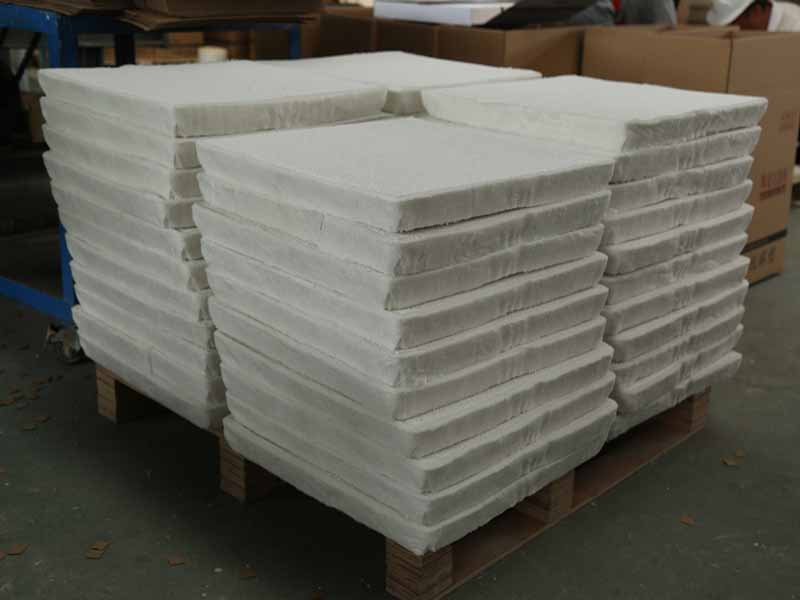
15 5月 Ceramic Filter Australia
Ceramic Filter Australia consists of multiple bridge-shaped opening micropores with uniform pore size distribution and interconnected.
When the fluid passes through these micropores, suspended matter, colloidal particles, macromolecular organic matter, etc. in the fluid are trapped or adsorbed in the micropores inside the road, so as to achieve the effect of purification and filtration uniformity.
Ceramic Filter Australia has high strength, wear resistance, high temperature resistance, corrosion resistance, no pollution, uniform pore size distribution, long service life, simple regeneration, and is used for aluminum liquid filtration and solid-liquid separation.
Ceramic filter plate transmittance
Light transmittance refers to the effective filtering area of ceramic filter plate products. The higher the light transmittance, the fewer blind holes, the more effective the filter holes (display holes), and the better the filter effect.
Place the ceramic filter plate to be tested on the light box with a built-in 200W incandescent bulb, and use an even square transparent plastic plate of 5.0 × 5.0 square millimeters to determine the area of the transparent filter plate. The rate method determines the light transmittance of the filter. In this standard, the light transmittance (through rate) of the filter is specified as 95% or higher.

Porosity
Porosity refers to the percentage of the total volume of pores in the filter plate product to the total volume of the filter plate product. The porosity determines the filtration capacity of the foam ceramic filter plate per unit volume. The greater the porosity, the greater the flow of the filter plate, and the better the filtering effect. The stronger the ability, and vice versa.
Porosity uniformity of ceramic filter plate
Pore size uniformity is used to describe the difference between the actual number of holes per 25.4mm length and the theoretical number of holes required for filter plate products. The smaller the gap, the better the product quality. If the gap is too large, it will cause the filter plate product to reduce the ability to trap impurities or the melt filtration speed is too slow, which cannot meet the individual requirements of the user. The size of the pore size uniformity mainly depends on the foam used in the production of filter plates. The pore uniformity of the foam is good, and the pore uniformity of the filter plate is good, so the choice of foam is crucial.
Ceramic Filter Australia product advantages
1. Filtration using the adsorption principle can effectively remove large inclusions in the aluminum liquid, and can effectively adsorb micro-level small inclusions, with high filtration accuracy of the same mesh size;
2. No slag, effectively reduce aluminum liquid pollution;
3. Good thermal shock resistance and corrosion resistance of molten metal;
4. Automated assembly line production, three calibration procedures, accurate size, more in line with filter box;
5. Improve surface quality, improve product performance, and improve microstructure.
Compressive strength
During the transportation and use of the filter plate, the filter plate must be able to withstand the impact of a certain external pressure. Therefore, this standard also introduces the compressive strength index as one of the basis for measuring the quality of the filter plate. The higher the compressive strength, the more durable the product and the better the quality, and vice versa.


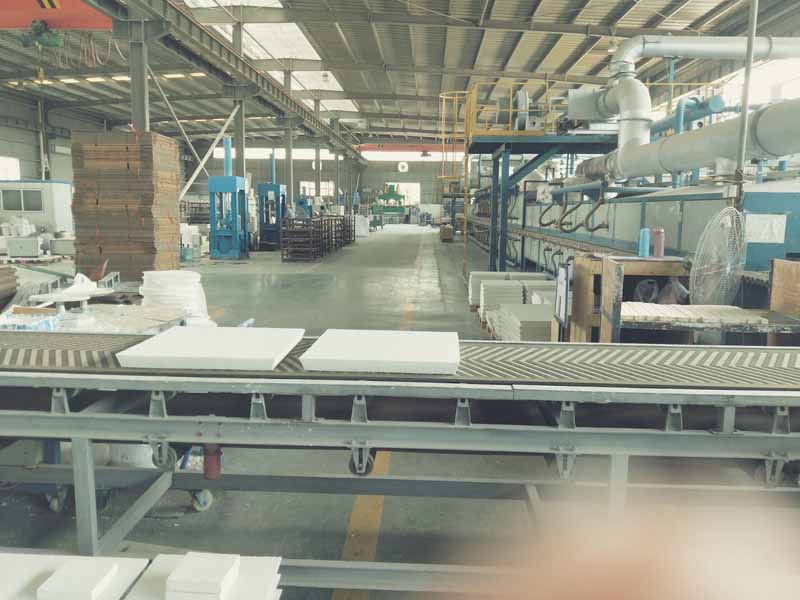
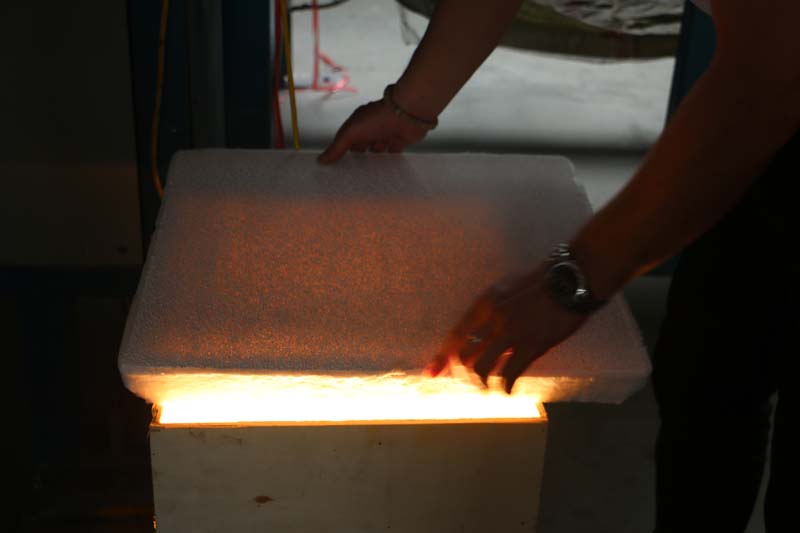
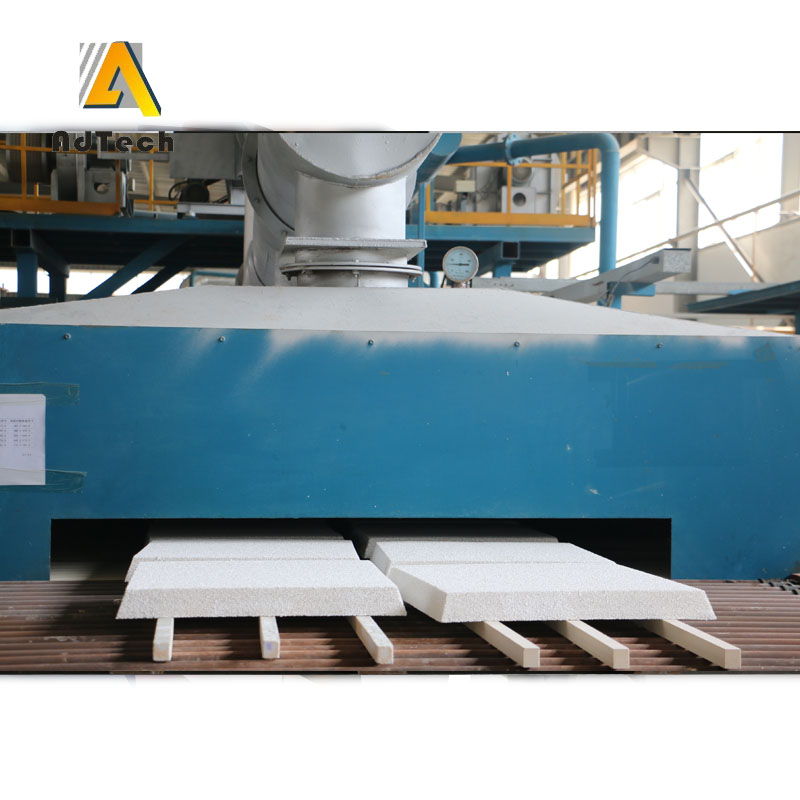
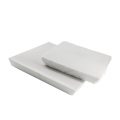
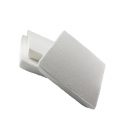
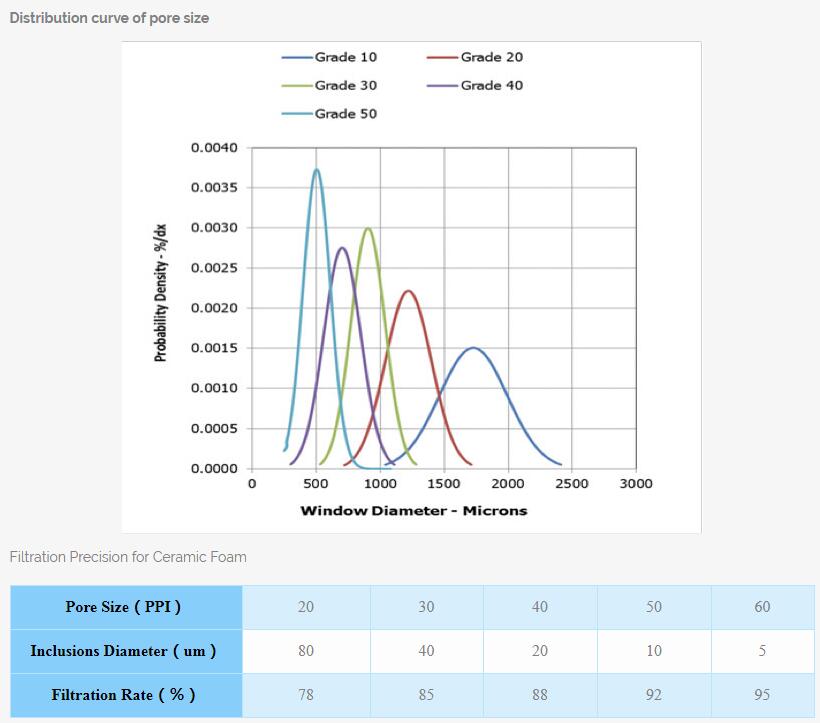
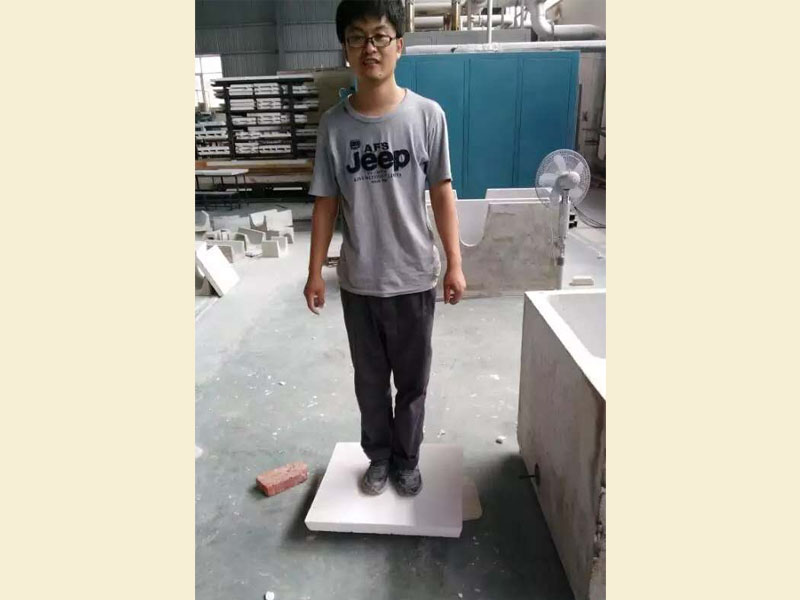

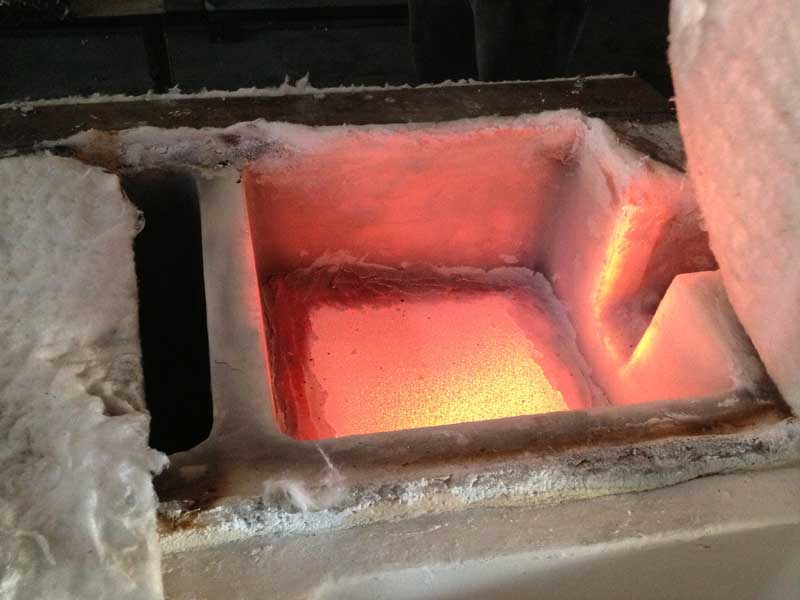
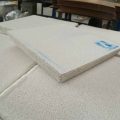
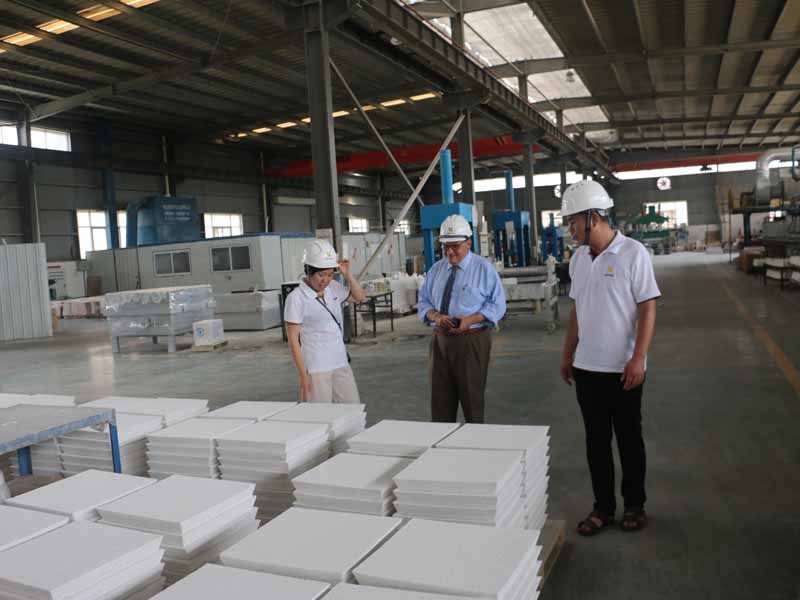
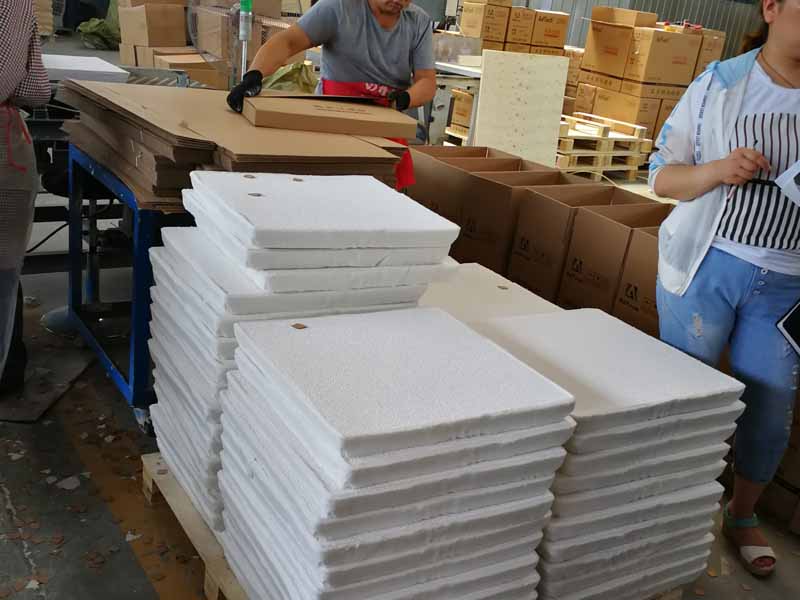
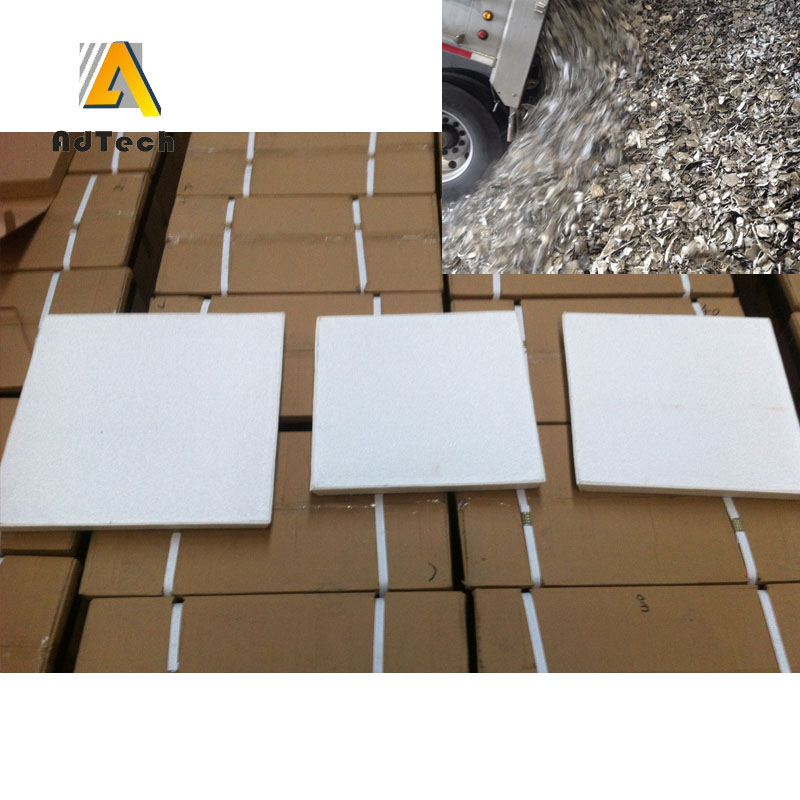
Sorry, the comment form is closed at this time.